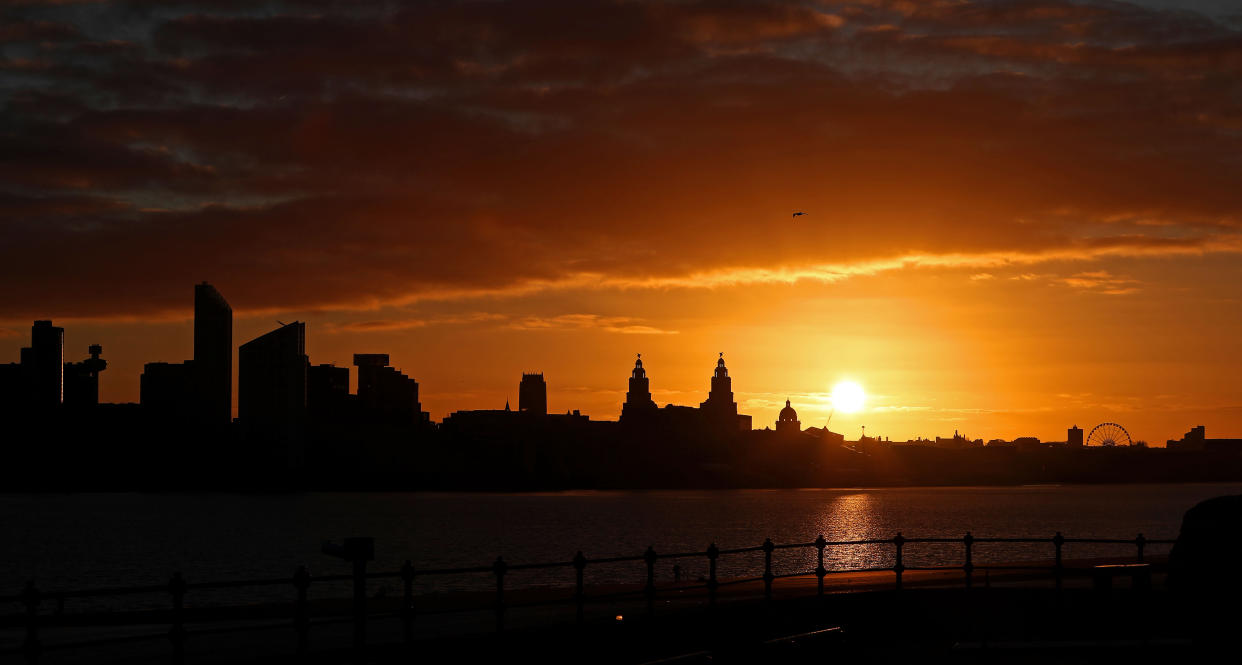Coronavirus: Shoppers warned food prices could rise despite drop in inflation

Shoppers have been warned food prices could rise later this year, despite a downward trend in overall inflation in the UK.
The latest official figures published on Wednesday show the rate of inflation has dropped slightly as oil prices (BZ=F, CL=F) have tumbled.
Average prices for common goods and services in Britain were up 1.7% in February compared to a year earlier, in line with analysts’ forecasts and down from 1.8% in January. Falls in the cost of fuel and video games were among the main reasons the pace of price increases slowed.
The consumer price index (CPI) inflation data shows the change in the cost of a typical ‘basket’ of goods and services bought by UK households. The inflation data was published by the Office for National Statistics (ONS) on Wednesday.
Concerns have grown recently about price hikes for certain goods amid the coronavirus pandemic, which has fuelled consumer stockpiling and disrupted manufacturers’ global supply chains.
Britain’s Competition and Markets Authority warned firms not to exploit the pandemic through “unjustifiable prices” on Tuesday, after Sports Direct admitted it had hiked the price of some sports equipment.
There is no sign of such an impact in the latest inflation figures. But they were compiled in February, before the pandemic had begun to have a significant economic impact.
Read more: Supermarkets create thousands of jobs as UK stockpiles
Ruth Gregory, senior UK economist at Capital Economics, said food prices could rise later this year despite supermarkets widely holding down prices so far despite soaring demand.
She said supply chain troubles could also push up the cost of some other goods, though expects falling demand to keep a lid on most prices. She predicts the coronavirus will drag overall inflation below 1% in the months ahead, with falling fuels costs, air fares and wage growth exerting particular downward pressure.
Michael Hewson, chief market analyst at CMC Markets, said shortly before the figures were released on Monday that falling oil prices in recent months had put downward pressure on overall prices. Saudi Arabia triggered a price war with Russia earlier in March, sending oil prices spiralling.
The inflation figures are closely watched as a sign of the economic health of the UK economy, and the Bank of England’s likely response. The central bank is mandated to keep inflation low and stable, with a 2% target.
READ MORE: Oil price dives 30% as Saudi Arabia launches price war
It comes a day after separate figures suggested UK business activity has nosedived at a faster rate in the past month than at the height of the financial crisis more than a decade ago.
Experts warned the coronavirus and government lockdown in Britain and its trading partners could trigger the worst UK recession in modern history.
The slowdown between February and March marks the sharpest monthly decline on the flash composite UK purchasing managers’ index (PMI) since IHS Markit began collecting the figures in 1998.
Both manufacturing and the UK’s dominant services sector, including everything from banking to retailers, have suffered sudden and steep declines in work. Firms say demand for goods and services has collapsed as growing numbers of firms and households shut their doors.
READ MORE: Coronavirus could plunge UK into ‘worst recession in modern history’


